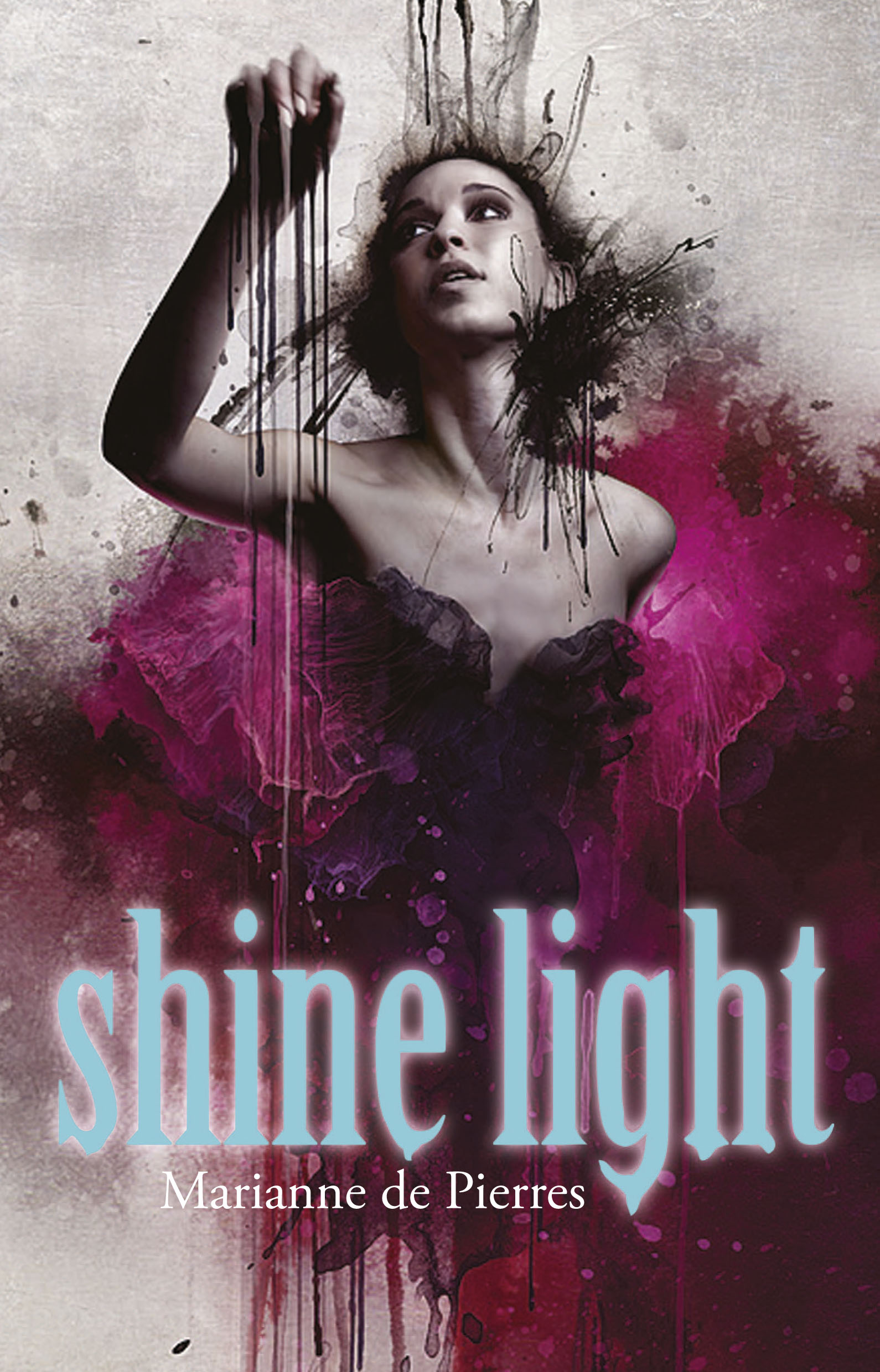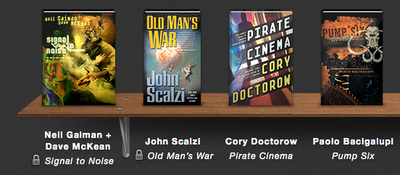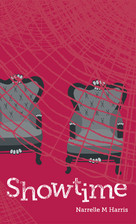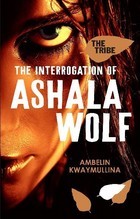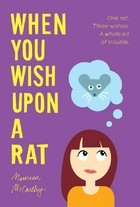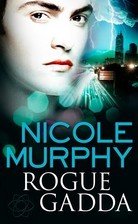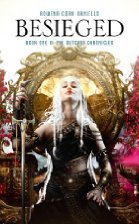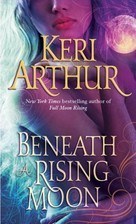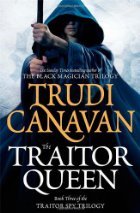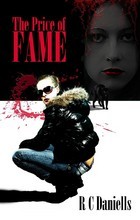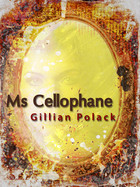I thought I was showing great restraint when I didn't immediately buy Baen's eARC of
Captain Vorpatril's Alliance by Lois McMaster Bujold and endeavoured to wait until the November release date to buy a final ebook edition. But happily, I went to the Baen website the other day to link a friend and lo and behold,
Captain Vorpatril's Alliance was out a couple of weeks earlier than expected. Huzzah!
For those of you who haven't read any of Bujold's Vorkorsigan books before, what have you been waiting for? Go start with either
The Warrior's Apprentice (to be found in the
Young Miles omnibus) or
Cordelia's Honour. For those of you who are otherwise up to date,
Captain Vorpatril's Alliance is a real treat. I'd say you don't have to have read
all the preceding books to be able to pick it up, but for best effects, read
Memory and
A Civil Campaign beforehand (which, yes, do require some of their own prior reading — really there's no reason not to read the entire series anyway). By the way, chronologically speaking,
Captain Vorpatril's Alliance comes (a few years?) before the second most recently released
Cryoburn. I'm afraid the rest of this review is going to be most accessible to people who have some familiarity with the Vorkorsigan universe.
Captain Vorpatril's Alliance, as the name suggests, follows Ivan Vorpatril for a change, rather than Miles, his cousin and more usual protagonist. At the end of
A Civil Campaign, poor Ivan found himself one of the last among his set to find a spouse. Quite cruelly, all the girls he wanted to court in that book were snatched away from him by others. Now it's finally Ivan's turn. Told jointly from Ivan's point of view and Tej's
Captain Vorpatril's Alliance is easily the second most hilarious book in the Vorkorsigan saga (the first remaining
A Civil Campaign). It's less a comedy of errors and more a comedy of everyone ganging up on Ivan.
Not that Ivan has been absent from Bujold's other books — indeed he has played a key role as the closest thing Miles has to a brother — but we haven't spent that much time inside his head. It was interesting, albeit unsurprising, how much Miles and his many achievements hangs over Ivan's head. And how much his comparatively minor misadventures in the past have affected him. In a way that's as much a reflection of Miles's determination to go on no matter what horrible things have happened to him as it is an indication of Ivan's dislike of being locked in small underground spaces. There were several "I bet Miles would have..." moments as well as a lot of oblique references to past events (which were fun to try to place). In short, if you don't have Ivan (how could anyone hate Ivan?), there is much to love about this book.
Tej is the other main character. She's on the run from bounty hunters when her path crosses (amusingly) with Ivan's. She wasn't a bad character, and I was definitely rooting for her and Ivan, but I didn't fall in love with her quite as much as I did with Ekaterin (or Elli). Of her assorted family members, Grandmama was by far the most interesting and awesome. I found myself somewhat ambivalent to the rest outside of plot-progression issues.
Because the focus was on Ivan, we also ended up getting to know his mother, Lady Alys, a bit better. And we got to see Simon Illyan in a different light to how Miles sees him since he's Ivan's um-stepfather rather than long-suffering boss. And I have to say, the only way in which Ivan was a little slow was in not realising the way in which everyone was ganging up on him. Silly Ivan.
This was an excellent science fictiony read (somewhat soft science fiction, although earlier books have been harder and contained more science. There are still spaceships and wormholes). So if you have already read the earlier Vorkorsigan books, get onto
Captain Vorpatril's Alliance, you won't regret it. If you've read this far and think you want to give the series a shot, I would recommend starting with the earliest books. If you really can't wait, then you could try starting with
Komarr (which immediately precedes
A Civil Campaign).
5 / 5 stars




